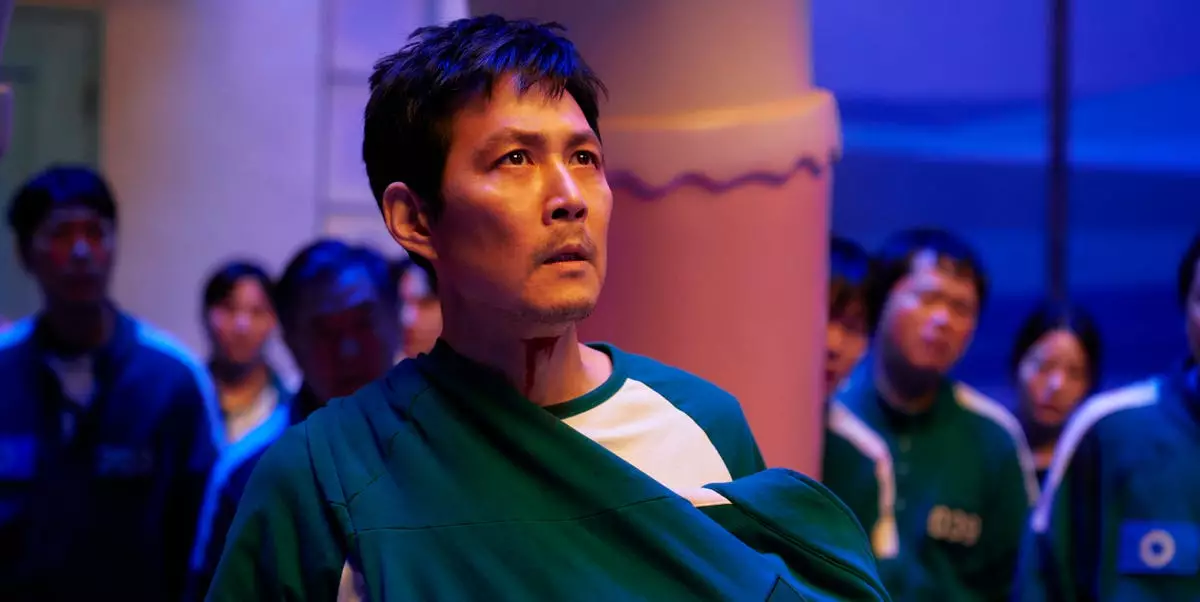Squid Game’s gripping conclusion is not just a dramatic wrap-up of a brutal contest but a profound statement on the human capacity for altruism. Hwang Dong-hyuk’s decision to have Gi-hun sacrifice himself for the sake of a vulnerable infant reshapes the narrative from one centered on survival and revenge to one rooted in hope and moral responsibility. This choice defies the typical glorification of individual victory that many shows favor. Instead, it highlights that true heroism emerges not through triumph over others but in the willingness to put others’ needs ahead of oneself, especially when it entails personal risk.
The act of self-sacrifice, especially in a world as corrupt and ruthless as that of Squid Game, becomes a radical act of resistance—an assertion that humanity still retains the capacity for empathy. Gi-hun’s decision mirrors real-world moral dilemmas faced by those who choose to act for the greater good, risking their wellbeing for others’ futures. It urges viewers to consider whether true strength lies in selfishness or in the courage to surrender personal victory for a better tomorrow. Hwang’s emphasis on this theme underscores a belief that societal change begins with individual acts of kindness and sacrifice, even amidst chaos.
Challenging Societal Narratives and the Role of Hope
From the outset, Squid Game has offered a bleak commentary on economic disparity, social injustice, and the dehumanizing effects of capitalism. Yet, its ending doesn’t serve as a bleak nihilism but as a deliberate call for reflection. Unlike the original plan for a “happy ending,” where Gi-hun escapes to reunite with his daughter, the revised conclusion insists that hope must often be expressed through sacrifice rather than simplistic success. The refusal to provide a neat, optimistic closure reveals a conscious effort to challenge audiences: true hope resides in collective responsibility and ethical action, not just individual escape from suffering.
Hwang recognizes the alarming trajectory of global crises—escalating inequality, environmental degradation, political unrest—and suggests through his narrative that complacency and greed deepen these problems. Choosing a bleak but meaningful ending amplifies the urgency for societal introspection. It’s a reminder that the future is not guaranteed by luck or individual triumph but requires collective sacrifice and moral courage. This perspective pushes viewers beyond passive consumption, prompting them to reevaluate their role in shaping a more compassionate world.
The Artistic and Political Significance of the Finale
Hwang’s reflection that the world has grown more unjust and fragile influences his storytelling profoundly. His decision to depict Gi-hun’s sacrifice isn’t merely narrative art; it embodies a political stance. It speaks to the necessity of rejecting selfishness and embracing a collective ethic, even when faced with systemic brutality. This act of selflessness becomes a symbol of resistance—an assertion that no matter how oppressive the system, individual morality can serve as a beacon of hope.
The symbolic act of Gi-hun’s choice to die for the child embodies a broader message: societal change demands personal sacrifice, moral clarity, and an unyielding commitment to future generations. It challenges the audience to think about the kind of world we are building and whether we are willing to make difficult choices for the sake of sustainability and justice. In this context, Squid Game transforms from mere entertainment into a powerful allegory on navigating and resisting social ills.
Personal Reflections and Broader Implications
While some might lament the departure from a more conventional, uplifting ending, the true power of Squid Game lies in its provocative stance. It encourages a critical look at our own societal complicity and the need to foster empathy in real life. The series argues that hope is not always about personal victory but about recognizing that sometimes, the greatest strength lies in surrendering victory for the welfare of others.
Through its finale, Squid Game invites us to reconsider what it means to be brave, moral, and compassionate in a broken world. It dares us to ask whether we have the courage to prioritize collective well-being over individual gain, challenging the status quo and igniting a sense of moral responsibility. This bold narrative choice may be uncomfortable, but it undeniably sparks vital conversations about the kind of future we want to create—and whether we’re willing to make the sacrifices necessary to achieve it.

